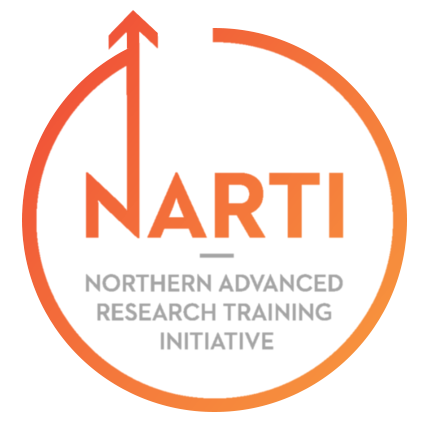Date/Time
Date(s) - 07/02/2018 - 08/02/2018 9:45 am - 5:00 pm
Location
Leeds Institute for Data Analytics (LIDA)
Audience:
Doctoral Students, Early Career Researchers
Course objectives
The aim of the course is to give an introduction how to estimate some popular non-linear panel data models. Many economic settings are characterized by the presence of non-linear relationships and non-linear outcomes, such as binary responses (e.g. exporting or not; joining a union or not; participating in the labour force or not; etc.), count data (e.g., the number of kids per household, the number of visits to the doctor; etc.), or censored outcomes (e.g. earnings can be censored due to top coding; export values can be censored due to reporting thresholds; etc.). Clearly, linear regression techniques do not properly account for the non-linear nature of the dependent variable and applying those might lead to biased and inconsistent parameter estimates.
The course aimed at early career researchers and PhD students who have successfully completed courses in Econometrics, Statistics and Panel Data Methods.
Course overview
The course focuses on three popular non-linear models, namely binary-outcome, censored-outcome, and count data models.
Different estimation approaches based on fully parametric, semiparametric, and Bayesian estimation are presented.
The course consists of both a theoretical and an empirical part. In the theoretical part, the estimation approaches are presented and discussed. In the applied part, the performance and properties of the theoretical section are assessed with simulated data. In addition, the usefulness is shown with real-data illustrations from the areas of international economics, health economics, and labour economics. In the applied section the software STATA will be used.
Outline:
- Linear panel data models – Recap
- Fully parametric estimation
- Binary-outcome models: Probit and logit model
- Count-data models: Poisson and negative binomial model
- Censored-outcome models: Tobit model
- Semiparametric estimation
- Binary-outcome models: Maximum score estimation
- Censored-outcome models: LAD estimation
- Bayesian estimation
- Binary-outcome models: Probit model
- Count-data models: Poisson model
- Censored-outcome models: Tobit model
Dr Michaela Kesina is a Senior Researcher and Chair of Applied Economics at the Department Management, Technology, and Economics at ETH Zurich. Her research focuses on the estimation of linear and non-linear panel data models with contagious effects. She worked both on frequentist as well as Bayesian estimation approaches and applied those to research questions dealing with productivity and internationalisation decisions of firms. She has published her work in Journal of Econometrics, Journal of Applied Econometrics, Journal of Business and Economics Statistics, Journal of Productivity Analysis, Review of Development Economics, and World Economy.
Programme
Day 1
09.45-10.00
Registration and refreshments
10.00-12.00
Linear panel data models – recap
Fully parametric estimation I
12.00-12.30
Lunch
12.30-14.30
Fully parametric estimation II
14:30-14:45
Coffee
14.45-17:00
Computer session
Day 2
09.45-10.00
Registration and refreshments
10.00-12.00
Semiparametric estimation
12.00-12.30
Lunch
12.30-14.30
Bayesian estimation
14:30-14:45
Coffee
14.45-17:00
Computer session
